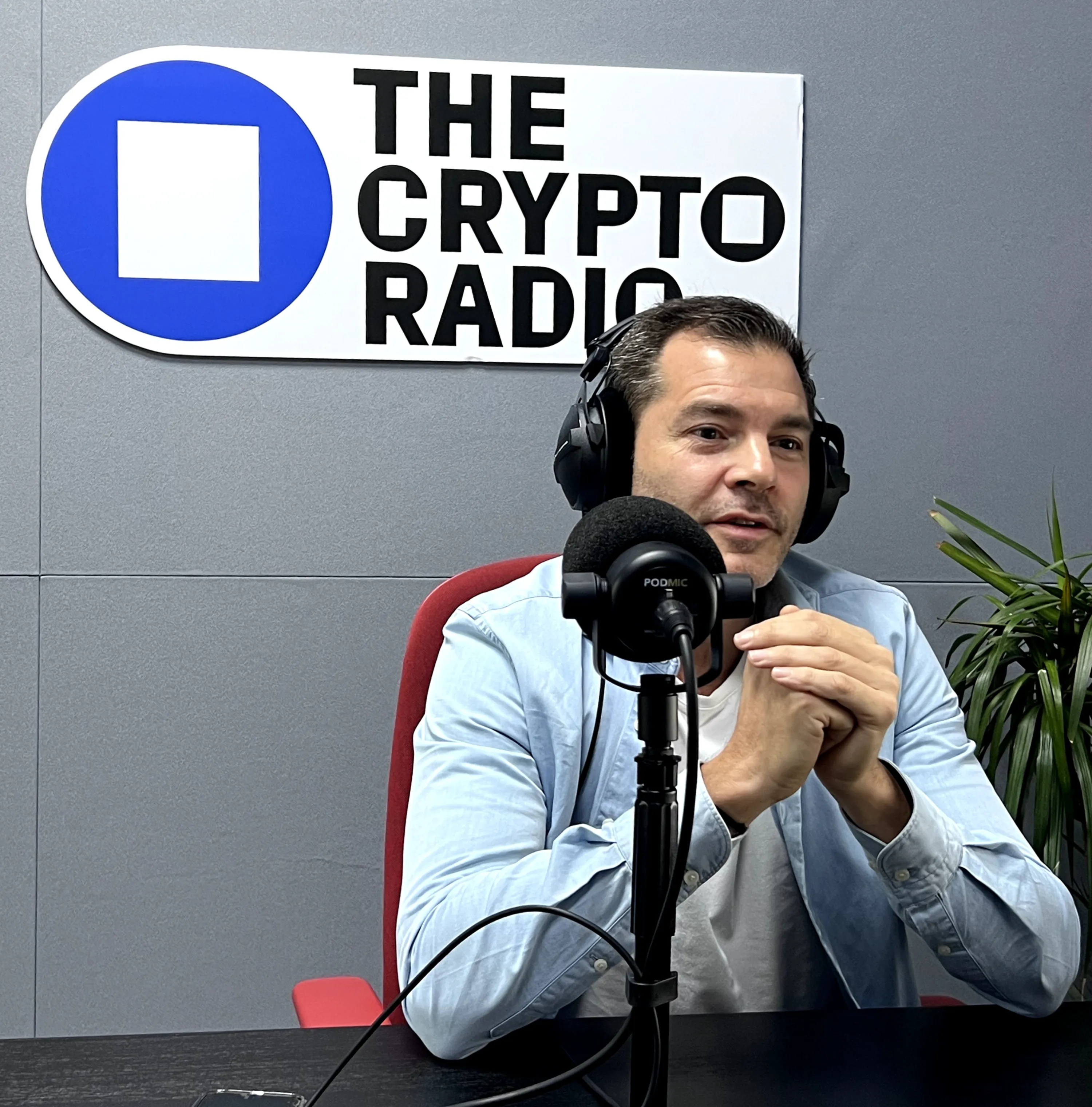Smart cities are coming—and they're smarter than you think
AI and blockchain might soon simplify traffic, air quality, and even your morning meetings

"You will have buildings talking to each other, spaces organizing themselves," Matthieu Merchadou told The Crypto Radio.
The CEO of technology platform Magma believes the future of urban living lies in the seamless integration of blockchain and AI. This vision, he said, could turn cities into more connected, efficient, and intuitive spaces for their inhabitants.
Merchadou has seen this potential firsthand. He worked on the Miami Beta City project, which in 2018 modeled a connected ecosystem of 40 buildings in 3D and suggested how blockchain could link them. "We came to the Economic Development Partnership, and we said, 'Well, look, we have this portfolio that belongs to a real estate company, and we think it would be a great Smart City project,'" he recalled.
While the initiative earned the keys to Miami-Dade County, it remained a vision to demonstrate how these technologies might transform urban life, rather than an executed project. Still, looking back, the project was strikingly visionary, many of the ideas it proposed then are the same challenges cities are trying to solve with blockchain and AI today.
So how would a blockchain-powered smart city function? According to Merchadou, this level of connectivity allows buildings to “talk” and adapt in real-time. For example, they could monitor and report on safety measures, water quality, and air conditions instantly. "You can flow the city and do exactly what you need to do when you need to do it without being interrupted by the hassle of how," he said.

AI would amplify this interconnectivity, simplifying tasks and personalizing experiences. Merchadou imagines entering a building where the room for your meeting is pre-set, filled with the necessary information. Even networking could be optimized: AI could suggest potential meetings with people whose interests align with yours as you step inside.
Beyond convenience, this level of automation could improve quality of life by removing daily frustrations like traffic congestion or scheduling inefficiencies. "Humans will be able to spend more time on important things—leisure, creativity—than we are right now, [rather than] dealing with our everyday struggle that we all hate to do in our everyday lives," Merchadou noted.
Yet this ambitious vision comes with pressing privacy concerns. Merchadou emphasized that the push for these technologies should come from the people, not imposed by governments or corporations. "It has to be a social contract that we use technology for the greater good and not to impose things and imply sort of a digital slavery to people," he said. He also highlighted the need for open discussions to ensure innovation responds to public demand while respecting ethical boundaries.
With the right approach, blockchain and AI could make life in cities smoother and more intuitive, while giving citizens more time to focus on what truly matters. The future Merchadou envisions isn’t just about smarter cities—it’s about cities that genuinely work for the people living in them.
Listen to the whole interview on The Crypto Radio's live player or in the Thought Leaders podcast.




